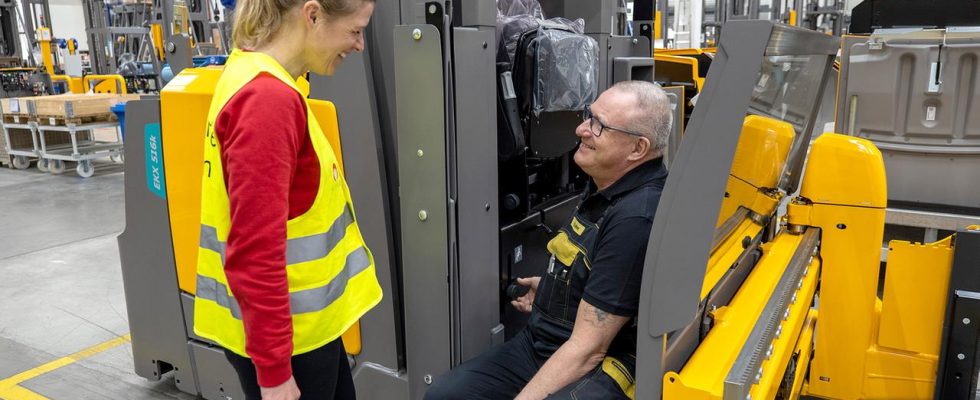background
Sickness rates in Germany were recently at a record high. Health insurance companies are demanding that companies do more for the health of their employees. This hasn’t caught on with many people yet, but there are also good examples.
This number should make some people in human resources departments sit up and take notice: Last year, according to the health insurance company DAK, every employee in Germany was sick for an average of 20 days – a negative record. The Association of Research-Based Pharmaceutical Companies (VFA) even blames the high level of sickness for the 2023 recession.
An association study comes to the conclusion that without the many days of absence, the German economy would not have shrunk by 0.3 percent in 2023, but would have grown by 0.5 percent. In view of such data, the DAK is calling for an “offensive for company health management”.
Many companies underestimate the topic
Business psychologist Simon Hahnzog comes to a similar diagnosis. He has spent years researching health in companies in Munich and Augsburg and has now developed his own app for it. Hahnzog concludes that companies have improved a lot in the past 15 years, only to immediately add a “but”: “Company health promotion has not yet reached the masses in such a way that it is effective.”
According to the National Association of Statutory Health Insurance Funds, statutory health insurance companies invested more than 257 million euros in health promotion in companies in 2022. However, this sum is only the statistical tip of the iceberg, as it does not capture the amount of money that companies spend on their own – for example on ergonomic machines or other aids. “Finding common figures about who makes which investments, where and how is almost unmanageable,” says Hahnzog.
Jungheinrich: sick leave halved over the years
If you want to see how health promotion works, you can go to Moosburg an der Isar in Upper Bavaria. There, around 500 employees in the Degernpoint factory assemble large forklifts that will later lift goods through narrow aisles, for example at mail order companies.
Seven years ago, Lars Planko brought the topic of health into focus there. “It’s a hard process because you have to work a lot on the ‘headliness’ of the workforce and the culture of the company,” remembers the managing director. Today, success can be measured: In Degernpoint, Jungheinrich says it has halved the average sickness absence from around ten percent to around five percent – the best value among all six German locations.
Expert: “Health must be a top priority”
This was achieved with a lot of persistence, says Planko. At the very beginning, he signed and posted a voluntary commitment together with the human resources department, which he still measures himself against today. Those responsible in the plant, the team leaders and the works council regularly exchange ideas in joint meetings.
“Health must be a top priority,” says business psychologist Hahnzog, who has developed his own seven-step model for this. Only what the company management sets and exemplifies can establish itself in the long term.
Program is adapted to sickness reports
A full-time employee has now taken over operational health management at the Degernpoint plant. There is a fixed budget and an action day every month with a different focus. For example, the former ski jumper Sven Hannawald gave a lecture on burnout.
Jungheinrich also works closely with AOK Bayern. Every year, the health insurance company evaluates the sickness reports anonymously and passes the data on to the company. The health program would then be adjusted on this basis, explains manager Planko.
Fit thanks to aids and ergonomics coaching
Heinrich Lehner was also able to benefit from this. The 61-year-old has been with the company for 25 years and has had an artificial shoulder joint since an accident at home.
He said he was then able to move to another department without any problems. At his own request, he also received a standing stool and a small platform. He also receives tips from an ergonomics coach who regularly visits the factory. “They’re trying to make it possible for you to work until you retire – I think that’s a very good thing,” says Lehner.
A fruit basket does not make a healthy company
Business psychologist Hahnzog rarely experiences health promotion in such a structured way. “It’s often still individual measures,” he says, waving his hand when asked about the obligatory fruit basket.
It’s not that difficult to promote health in the workplace. It all starts with a simple question to the employees: “What does ‘healthy’ mean to you – and what do you actually need?”

